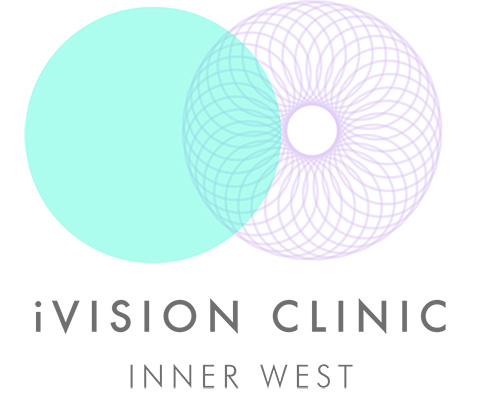Glaucoma describes a group of diseases that result in damage to the optic nerve (at the back of the eye). In most people, the damage is due to increased pressure inside the eye ‘squashing’ the optic nerve. In other people, damage may occur without any extra pressure.
Damage to the optic nerve can eventually cause loss of peripheral vision. If not treated promptly, glaucoma can lead to a type of blindness called tunnel vision. It is very important that you regularly have your eyes checked by an eye specialist.
Luckily, when detected and treated early, glaucoma rarely results in any lasting damage to your vision.
There are three main ways to treat glaucoma: eye drops, laser and surgery. Surgery is usually performed when other treatments cannot lower the eye pressure enough.
The surgical procedure is also called a trabeculectomy or sclerostomy.

What happens during glaucoma surgery?
Our eye specialists usually perform glaucoma surgery under local anaesthetic and intravenous sedation. You’ll be relaxed and drowsy and will not experience any pain during surgery.
During the 40–70 minutes that surgery takes, our specialist eye surgeon will make a tiny drainage hole in white part of your eye. Fluid from inside the eye will drain out and lower the pressure inside your eye. The fluid drains into the space in the outer lining of your eye, where it forms a small ‘bleb’. The bleb is covered by your eyelids and you usually can’t see it.
You should be able to go home a few hours after surgery.
What happens after glaucoma surgery?
Most people make a good recovery from the operation, with their glaucoma under better control.
Soon after surgery, your eye will look red and irritated. It might also be more watery than usual. Your vision might be blurry for a few weeks.
Your specialist eye surgeon will need to see you several times in the first few weeks after surgery to check your eye pressure and look for any signs of infection or inflammation.
Most people will need about two weeks off work. You can do most daily activities. But you will need to avoid:
- Getting water in your eye
- Driving
- Reading
- Bending (so that your head is below your waist)
- Doing any heavy lifting
Regular exercise helps you to return to normal activities as soon as possible. Talk to your doctor before you start exercising.
After glaucoma surgery, you may need to change your contact lenses or glasses. If you wear contact lenses, the bleb can cause fitting problems. Your eye specialist can help you with this.

